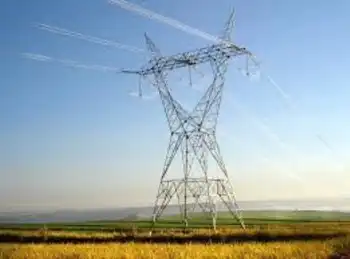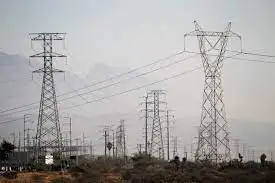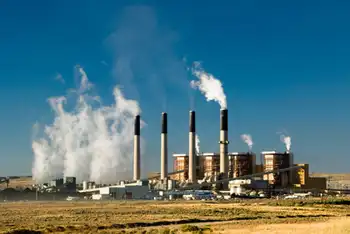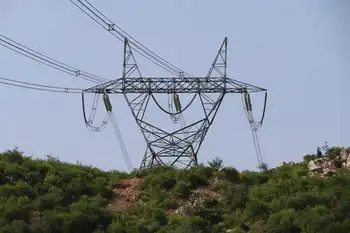European renewable firms see a green dawn
- European renewable energy groups gave an upbeat outlook for 2011, with demand for green products offsetting a long-term struggle with competition and pricing pressure.
Danish wind turbine maker Vestas matched forecasts with its earnings, Norwegian solar industry group REC plans to boost output after saying last week results that would beat forecasts, and French renewable power EDF Energies Nouvelles projected a further brisk rise in profits.
Demand for green power or production equipment such as wind turbines and solar cells depends almost entirely on state-subsidy schemes. It is more expensive to generate than conventional methods under current regulatory regimes.
But it has been bolstered by more countries seeking to cut carbon-dioxide emissions. This is improving prospects for the $150 billion market, which has made a sluggish recovery from a sharp dive due to spending freezes after the financial crisis.
"The climate debate has changed." Vestas said in its annual report. "Green thinking is well underway to becoming part of our everyday lives. Companies in an increasing number of industries are adopting 'CO2 free' or 'carbon light' concepts."
Record deliveries enabled Vestas, the world's leading wind turbine manufacturer, to reported a swing back to fourth-quarter profits from year-ago losses.
"We are seeing a more stable development," Vestas Chief Executive Ditlev Engel told Reuters in an interview after the company kept its 2011 guidance steady, with revenues and earnings seen at the same level as last year.
Vestas also kept its forecast for 2011 orders steady, but Engel said some markets will remain constrained as countries hold down energy investment and that cost pressures persist.
"Input prices are fairly volatile at the moment," he said, adding that higher raw material prices were factored into the company's expectations for this year.
Investment in new renewable power production capacity amounted to $150 billion worldwide in 2009, and renewables accounted for 60 percent of newly installed power capacity in Europe, outpacing new installations based on fossil fuels, according to the Renewable Energy Policy Network.
The unfolding recovery is also leading to a greater output of the materials used to generate green power. Norway's Renewable Energy Corp REC said it plans to increase production of the bottleneck raw material for solar cells, granular polysilicon, by 6 percent this year.
The bullish signal follows better-than-expected fourth quarter earnings last week from REC, which said the strong market trend has continued into 2011.
EDF Energies Nouvelles, 50 percent owned by utility EDF forecast a rise of at least 23 percent in earnings before interest, taxes, depreciation and amortization EBITDA in 2011 to 560 million euros US $764 million.
The global financial crisis hit renewable energy shares, and the S&P Global Clean Energy index still lingers at 945 points, less than a third of its all-time high of 3,264 set in November 2007.
With states cutting support as renewable energy become cheaper, companies in the sector are having to prove to investors that they can maintain profitability while also coping with cut-price competition and rising raw material prices.
Germany, the world's largest solar market, plans to cut a support regime for new solar installations further this year.
REC said further pricing pressure was expected.
"Throughout 2011 continued supply growth and reductions of subsidy schemes are expected to result in further price pressure," REC said.
Shares in Vestas jumped 4.2 percent by 1350 GMT, outperforming a 0.2 percent rise in the S&P Global Clean Energy index. EDF Energies Nouvelles shares were up 0.5 percent, but REC erased earlier gains to trade flat.
Related News
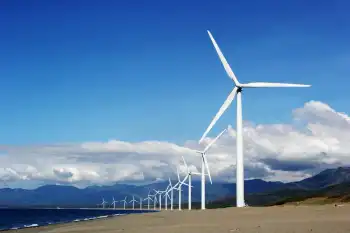
UK net zero policies: What do changes mean?
LONDON - British Prime Minister Rishi Sunak has said he would delay targets for changing cars and domestic heating to maintain the consent of the British people in the switch to net zero.
Sunak said Britain was still committed to achieving net zero emissions by 2050 and denied watering down its climate targets.
Here are some of the current emissions targets for Britain's top polluting sectors and how the announcement impacts them.
TRANSPORTATION
Transport accounts for more than a third (34%) of Britain's total carbon dioxide (CO2) emissions, the most of any sector.
Sunak announced a delay to introducing a ban on new…

